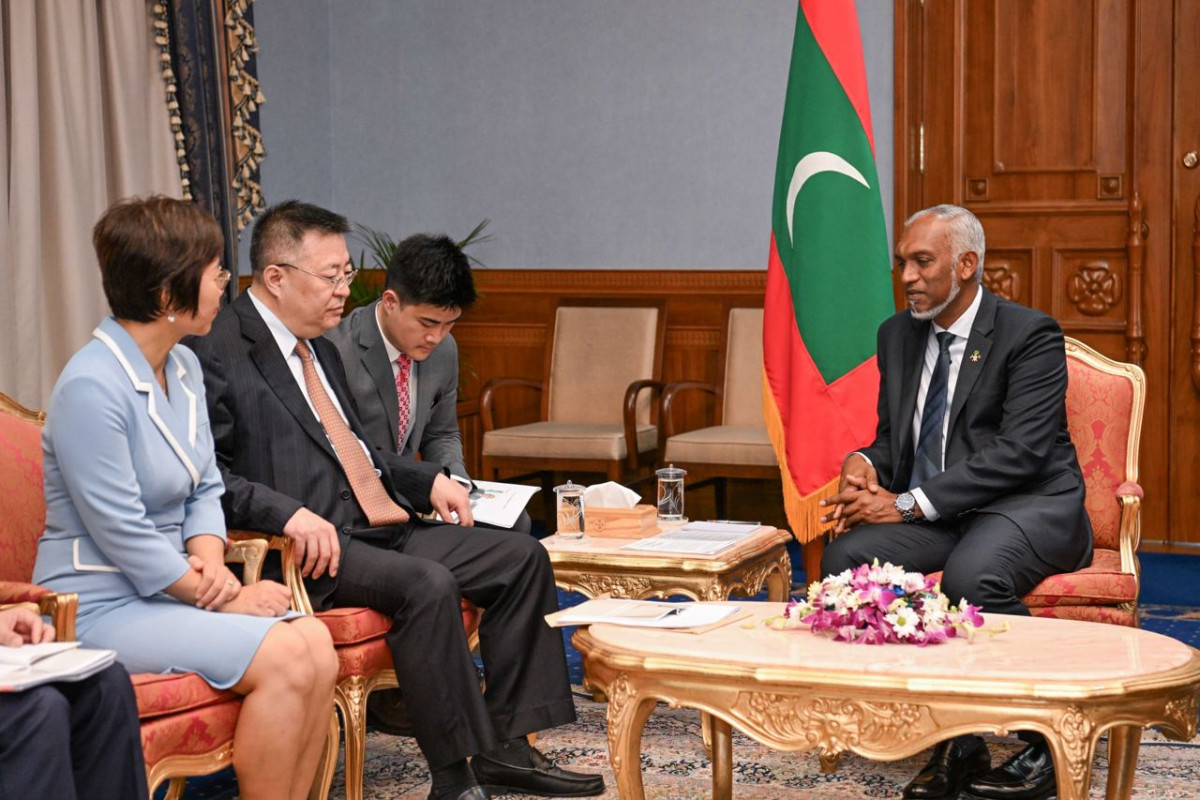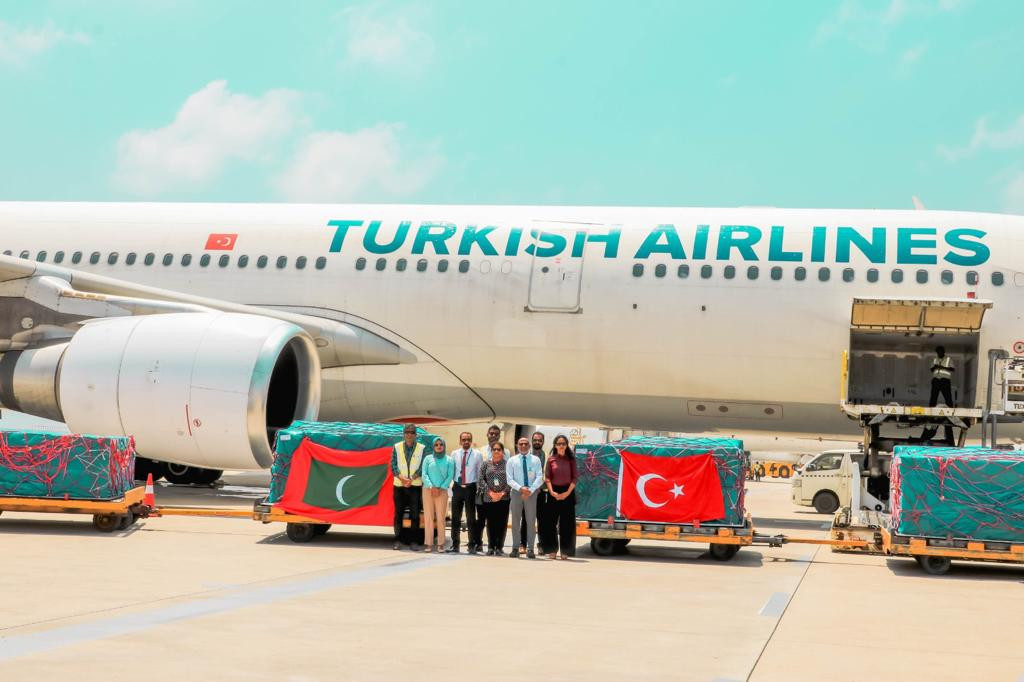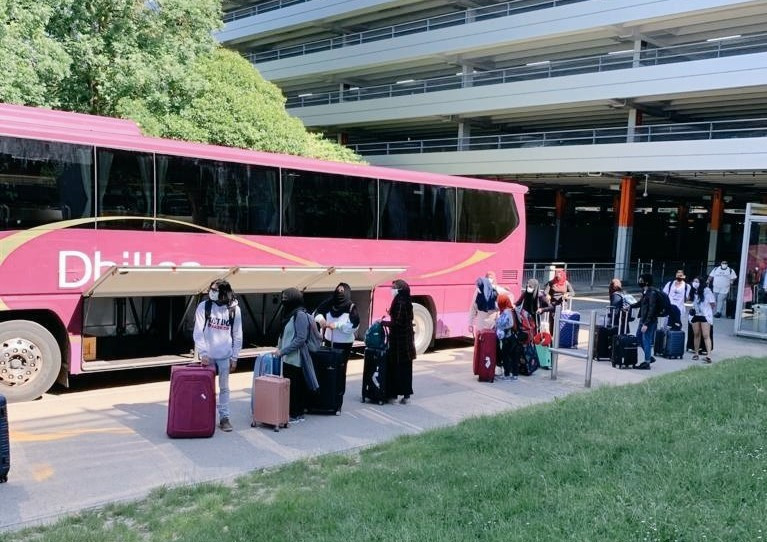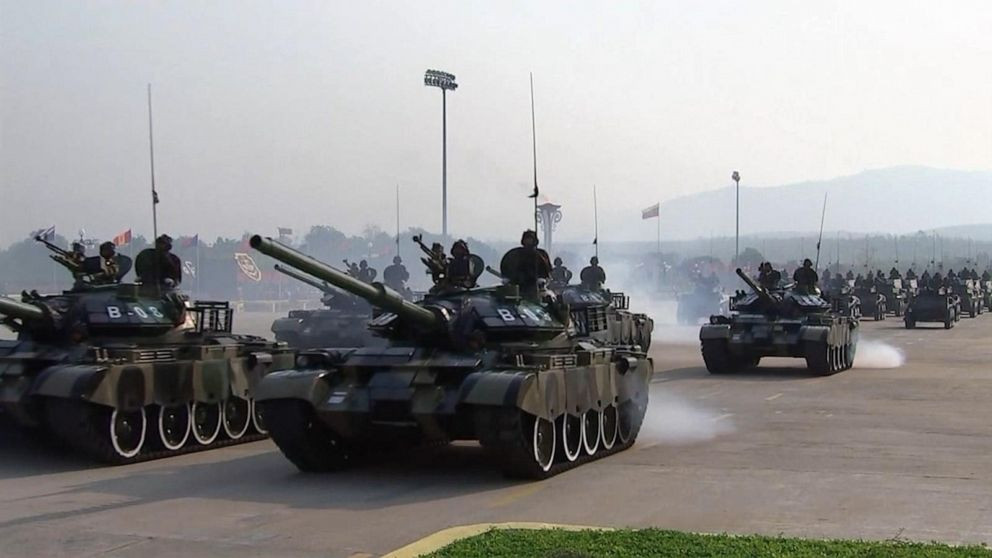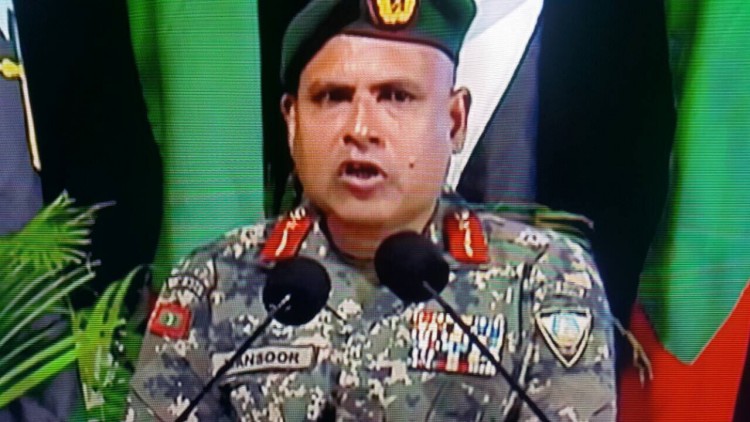2019 in review: Highlights of the Solih administration's work
The incumbent government has accomplished 83% of Solih’s 159 electoral pledges within one year

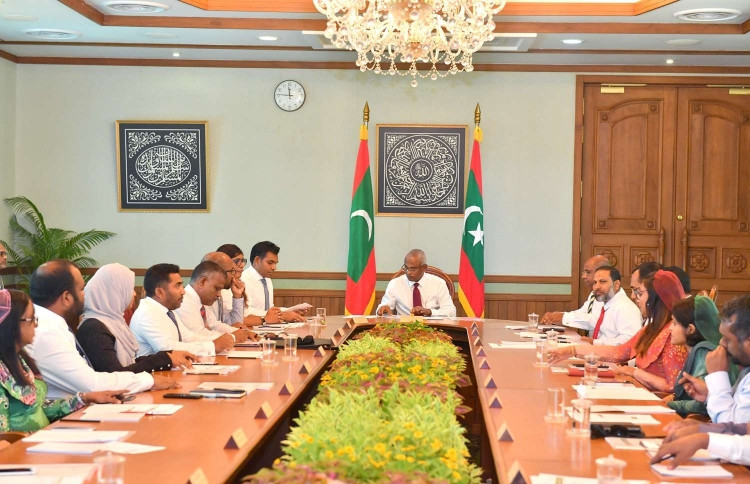
President Ibrahim Mohamed Solih with his cabinet
No doubt the Maldives has gone through a tumultuous political period since the turn of the 21st century. So during the 2018 elections, when the then-opposition introduced a candidate that proposed changes Maldivians had been talking about for years, people voted for him.
President Ibrahim Mohamed Solih made a total of 159 electoral pledges. If that wasn’t ambitious enough, his administration determined certain goals to be completed within the first 100 days of his government.
On November 17, the Solih administration marked its first year in power. So far the incumbent government has accomplished 83% of Solih’s electoral pledges.
Some crucial developments were made in the areas of education, health care, judicial reform, foreign relations and economy.
All 11 goals for the first 100 days in office made for the education sector were completed including highlights such as the free first-degree program, revised student loan scheme and scholarships, establishing an anti-bullying policy and a pilot breakfast program titled “Nasthaa”.
On the foreign policy front, all two pledges were completed in the first 100 days of Solih’s government. They were submitting a proposal to return to the Commonwealth and the expedition of cases in UN working groups and human rights mechanisms. As of December 24th, the organization has revealed that none of the member nations opposes Maldives' re-submission. It is expected to be officiated at the Commonwealth Summit to be held in Kigali, Rwanda in June 2020.
Further highlights include the development of a diplomatic enclave in phase 2 of Hulhumale’ with land already allocated for the embassies of China, UAE, Bangladesh, India and Sri Lanka.
While the country has been prioritizing bilateral ties with India, the administration is facing criticism for its foreign policy strategy such as refraining from condemning the persecution of Muslims following the Indian government’s ratification of the Citizenship (Amendment) Act.
The president’s spokesperson responded to this criticism by claiming that the conflict in India is a domestic affair and that the Maldives has no say in the issue as it does not violate international laws or the conventions of the United Nations (UN). Though he highlighted President Solih’s speech at the 77th United Nations General Assembly condemning Israel over the Israeli-Palestinian conflict, this foreign policy comes across as highly hypocritical as the majority of the current ruling coalition members called for international intervention from India and other such countries during former President Abdulla Yameen's tenure.
The government also launched a “zero tolerance” policy against corruption, under which a whistleblower web portal was inaugurated at the beginning of the year. While a Presidential Commission on Corruption and Asset Recovery was established on the same day as Solih’s inauguration to investigate the most shocking case of graft ever seen in the country, perhaps the best example of the government’s commitment to anti-corruption policies is the conviction of former President Yameen Abdul Gayoom on November 28th in the Maldives Marketing and Public Relations Corporation (MMPRC) graft case of over USD 220 million.
As such, it was revealed in October that a total of 267 individuals, aside from former President Yameen and former Vice-President Ahmed Adeeb were involved in the embezzlement of funds from MMPRC. An even more shocking revelation was that the list included 7 government officials currently in office, 7 sitting judges and 23 members from the security forces. So far, Juvenile Court Judge Abdul Baaree Yoosuf has been suspended over allegations of receiving funds through the MMPRC graft and several ministers, police officers and government officials have been probed by. Nevertheless, it is concerning that the list of those involved has still not been publicized.
As for infrastructure development, the government has undertaken a total of 118 different projects currently ongoing in around 91 islands across the country.
In the area of healthcare, crucial services including CT scans, Neonatal Intensive Care Units and improved laboratory and operation theatres have been introduced in regional atoll hospitals under the government’s plan to develop five tertiary hospitals.
While President Solih has previously stated that judicial reform will be one of the top priorities for his administration, a five-year roadmap detailing 20-points for judicial reform which included proposals for measures to safeguard the independence of judges, and develop oversight mechanisms and altering the structure of the Judicial Service Commission was launched in May by the Supreme Court.
Additionally, members of the supreme court bench, Chief Justice Ahmed Abdulla Didi, and judge Adam Mohamed Abdulla were dismissed following multiple reports of disciplinary issues and violations against the constitution such as the suspension of several lawyers calling for judicial reforms, annulment of the first round of the 2013 presidential elections and an anti-defection ruling that removed many parliament members from their seats for transferring to the then opposition-MDP in 2017.
Moreover, in early November, parliament approved a motion to form an inter-agency task force in order to address the backlog of pending cases at the criminal courts.
Further highlights include the Presidential Commission on Enforced Deaths and Disappearances publishing the investigation report on lawmaker Dr. Afrasheem's murder case, and concluding the investigation into the suspicious death of medical student and model, Raudha Athif. In September, the commission, which was also formed on Solih’s first day in office, stated that only 4 or 5 cases out of a total 27 are currently pending investigation.
While the final report on the murder of blogger Yameen Rasheed and the disappearance of journalist Ahmed Rilwan is yet to be publicized, the commission has stated that their cases are connected to a group of extremists. As such, the commission has sought charges against two suspects, involved in the aforementioned murders but the Minister of Home Affairs, Sheikh Imran Abdulla claimed that there was no room to raise charges against any individuals based on the commission report, adding that he had met with officials from the commission and the PG office over the matter.
The most recent developments in the country’s judiciary include the appointment of a new Prosecutor General following allegations against the prior PG of allowing the former government to influence the PG Office’s work.
Another thing to note is that Solih’s administration is the first to properly address the threats of extremism to the Maldives. A rise in extremism was reported following the 2004 tsunami as terrorist groups such as Al-Qaeda were ushered into the country pretending to be charities. Despite these media reports, no previous government has publicly spoken about terrorist threats against the country.
As the year comes to an end, the parliament and courts are currently in recess. An ambitious state budget of MVR 37.8 billion was passed earlier this month so all there is left to see is whether Solih’s administration will accomplish all its goals outlined for next year.

